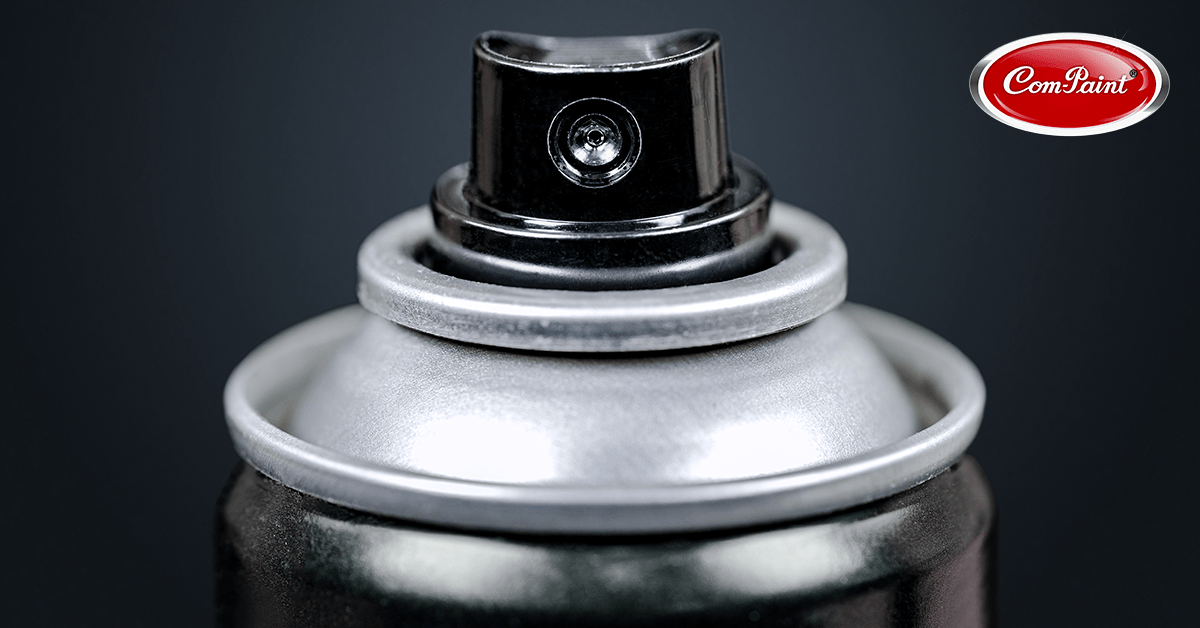Aerosol Spray Can Won't Spray? This Is Why Your DIY Project Stalled
We’ve all been there. You're hyped up, ready to tackle that DIY project you've been putting off. You grab your trusty can of spray paint (or sealant, or hairspray, or whatever) and…nothing. Nada. Zilch. The only thing getting sprayed is your enthusiasm, right out the window.
Before you throw that stubborn can against the wall (we don't recommend it, for safety reasons and also because it might make a mess), take a deep breath. A sputtering aerosol can isn't the end of the world, or even the end of your project. Often, the fix is surprisingly simple.
First, let's understand the enemy. An aerosol can might seem like simple technology, but it's actually a carefully balanced system. Inside that metal tube is your product, but also a pressurized propellant. When you press the nozzle, you release a valve, and that propellant pushes the product out in a fine mist. Sounds straightforward, but there are a few things that can go wrong along the way.
One of the most common culprits is a clogged nozzle. Think of it like this: your spray paint is basically tiny particles of pigment suspended in a liquid. Over time, some of that pigment can dry out and build up around the nozzle, creating a blockage. Luckily, this is usually a quick fix. Just grab a cotton swab or a toothpick and gently clear away any visible gunk.
If a clogged nozzle isn't the issue, the problem might be the temperature. Aerosol cans are sensitive creatures, and they like to be comfortable. Too cold, and the propellant can lose pressure, refusing to push the product out. Too hot, and the pressure can build up dangerously, potentially causing the can to explode (again, please don't test this). So, if you've been storing your spray paint in the garage during a polar vortex, give it some time to warm up to room temperature before you try using it.
Sometimes, the issue isn’t a blockage or the temperature but simply a case of user error. We all like to think we know how to operate a spray can, but there are some subtle techniques that can make all the difference. For starters, make sure you're holding the can upright and at the correct distance from your target surface. Also, don't be afraid to give the can a good shake before each use – this helps to mix the product and propellant, ensuring a smooth, even spray.
If you’ve tried all the basic troubleshooting steps and your aerosol can still refuses to cooperate, it might be time to admit defeat. But before you toss it in the recycling bin, there’s one last trick you can try. Sometimes, the valve at the bottom of the can can become stuck. You can try gently tapping the bottom of the can on a hard surface a few times to dislodge it. If that doesn’t work, it’s probably time to say goodbye.
A malfunctioning aerosol can can be a major annoyance, but hopefully, these tips will help you get your project back on track. Remember, a little troubleshooting can go a long way. And hey, if all else fails, there’s always the old-fashioned method of brush and roller. It might not be as quick or easy, but at least you won’t have to worry about a clogged nozzle.
Elevate your space with sherwin williams metallic gold paint
Unleash your inner ashen one elevate your iphone with dark souls 3 wallpapers
Rock and roll 80s style big hair bigger guitars and the soundtrack of a decade














